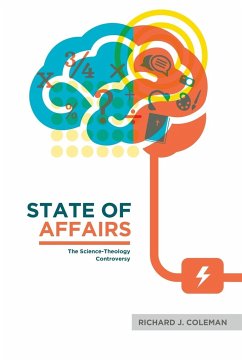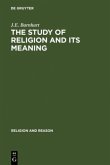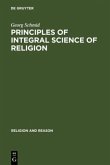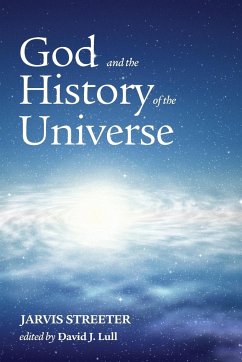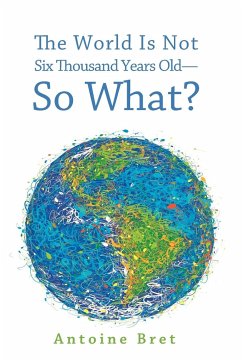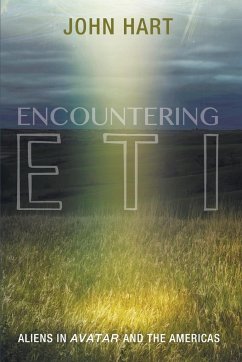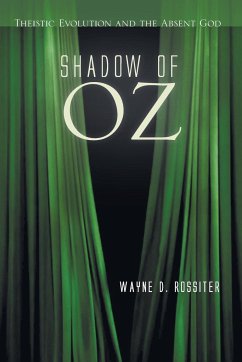The last sixty years have witnessed a virtual explosion of interest in how modern science and traditional Christianity intersect. This new rapprochement with science has irrevocably altered how we think of God. It constitutes a foundation from which we cannot retreat, but from which we also cannot move forward until we examine the presumptions on which it is based. For the first time, Richard Coleman interprets in a clear and meaningful way the themes and practitioners that make this rapprochement different, and what it has achieved. But this book is more than description--it is an inquiry into whether Christian theology has lost its authentic voice by its singular focus on accommodating modern science.
Bitte wählen Sie Ihr Anliegen aus.
Rechnungen
Retourenschein anfordern
Bestellstatus
Storno

